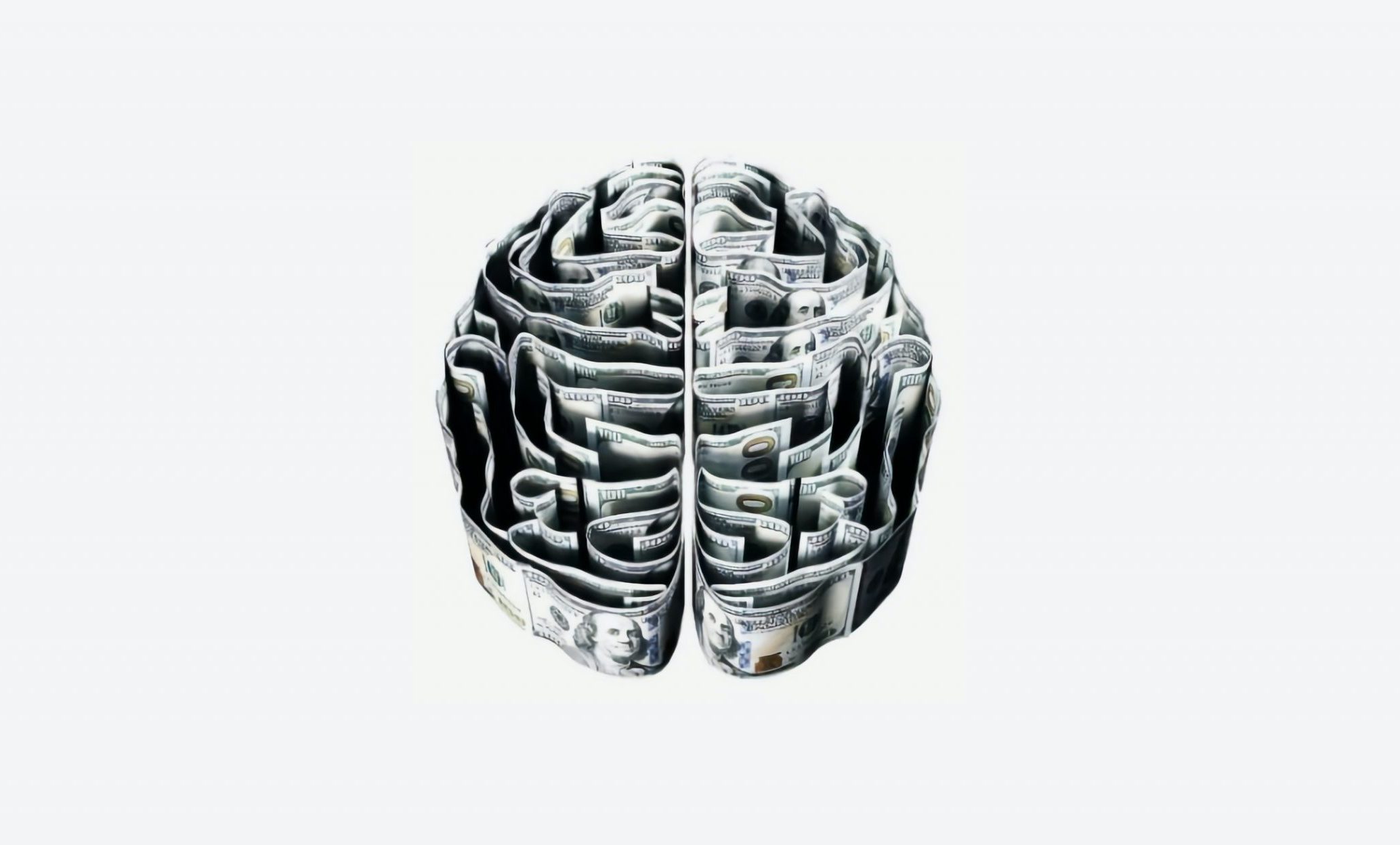It’s safe to assume that many of us enjoy drinking beer. However, what we may not know is that beer and science go hand in hand. Humans have been brewing beer for millennia, shaping society as we know today. Believe it or not, many scientific advancements were discovered whilst brewing beer. Another surprising fact is that beer was unknowingly keeping people alive and saving them from disease.
The Tiny Friends and Enemies of Beer
As you may or may not already know, yeast ferment the sugars in grains to give us the alcoholic component of beer. But how was beer made in ancient and medieval times if microorganisms were not known about until the 1800’s? In short, the answer is wild yeast. Most historians and scientists agree that beer was discovered by accident. It is hypothesized that grains left in pots would fill with rain water and begin to germinate producing fermentable sugars. Luckily, wild yeast then makes a home in the unfermented beer and converts the sugars into carbon dioxide and alcohol. A brave man or woman decided to consume this new liquid and obviously enjoyed it. Waiting for wild yeast to develop took a lot more time. Medieval brewers unknowingly cultured their yeast by taking the krausen (yeast suspension) and added it to future beers. Today, much of what we know about microbiology is related closely to beer. In 1857 Louis Pasteur discovered that yeast was responsible for fermentation. Perhaps Louis Pasteur is best known for inventing pasteurization, the process that keeps milk from spoiling. But what you may not know is that Pasteur was originally studying why beer and wine spoiled. Pasteur discovered that tiny microorganisms lived in the beer; yeast and bacteria. Additionally he showed that it was the bacteria converting ethanol into acetic acid (vinegar) which caused the beer to spoil. Pasteur suggested that heating the beer after it was fermented to kill off any bacteria and eventually this process was adopted to help preserve milk. But more importantly from this experiment Pasteur devised germ theory, the theory that disease was caused by pathogens and not from supernatural forces and “bad air”. He concluded that if bacteria could cause disease in beer perhaps it could also cause disease in humans.
Beer as Medicine?
Many people would say that the first antibiotic used was in 1928, with the advent of penicillin. However, recent discoveries show that ancient Egyptians consumed beer that contained a natural antibiotic known as tetracycline. In 1980 traces of tetracycline were found in the bones of ancient Egyptians. Scientists were dumbfounded by this discovery as the antibiotic was not discovered until 1948. It was determined by researchers that grains used to make the Egyptian beer contained the soil bacterium Streptomyces, which naturally produces tetracycline. Furthermore, evidence showed that Egyptians knew about their beer’s healing properties because tetracycline was even found in the remains of children. Likely given to the child to cure them of his or her illness. In the middle ages clean drinking water was often hard to come by. Often time’s drinking water would give people diseases such as cholera. In order to prevent people from getting sick they often turned to beer for their water needs. During the brewing process the unfermented beer is boiled, killing off any bacteria living in the water. Additionally hops added for flavour contain alpha and beta acids. We now know today that these acids can inhibit the growth of certain gram-negative bacteria. This information was not known at the time, but people knew that if they drank beer using contaminated water that they would not get sick. We know today that drinking too much beer can make you sick and that chronic drinking can cause liver damage. But who would have thought that at some point in history drinking beer was like drinking medicine or clean water? It is important to note that beer at the time was sometimes as low as 2-3% ABV (Alcohol By Volume) so it could safely be consumed in larger amounts.
So let us take a minute to appreciate beer and raise a glass for all its contributions. Cheers!



